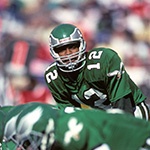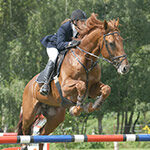Does Perfectionism Help Your Performance?
How Perfectionism Affects Competitive Sport Performance What are your thoughts on perfectionism for athletes? In your opinion, should the goal be to have a perfect performance? So many athletes are confused by the perfection. Is perfectionism good or bad for athletes? Depends on who you ask… Some pitchers want to pitch a perfect game every time


